Here is all you wanted to understand about the Israeli cyber-intelligence firm NSO Group’s spyware Pegasus, which has triggered outrage around the globe.
Politicians and journalists were potential targets of surveillance through Pegasus software of Israeli surveillance company NSO Group (Representative Photo)
Leaks related to Israeli cyber-intelligence firm NSO Group’s spyware Pegasus have created global headlines and sparked political controversies lately, but does one know what the hardware of this extremely sophisticated program looks like? Or what proportion space a Pegasus customer would wish to line up an office to work the program? Does it need an impact room and a 24×7 customer care helpline? What does it cost? What does the dashboard look like? Does it accompany a warranty? Here are the answers to those basic yet critical questions on this mystery spying program.
Basic Requirements
Is it possible for a Pegasus customer to run the spy operation only with the software provided by the NSO Group and without setting up a local office? No.
In order to run this complicated tool, local support infrastructure is important. A Pegasus system would typically require an air-conditioned, two-room setup or an outsized hall. Documents submitted before a US court show that the setup could ideally need a server space of 25 square meters and an operator space of 100 square meters. A typical server room should be ready to house a minimum of two 42U racks cabinets (a standard server rack cage) among other hardware.
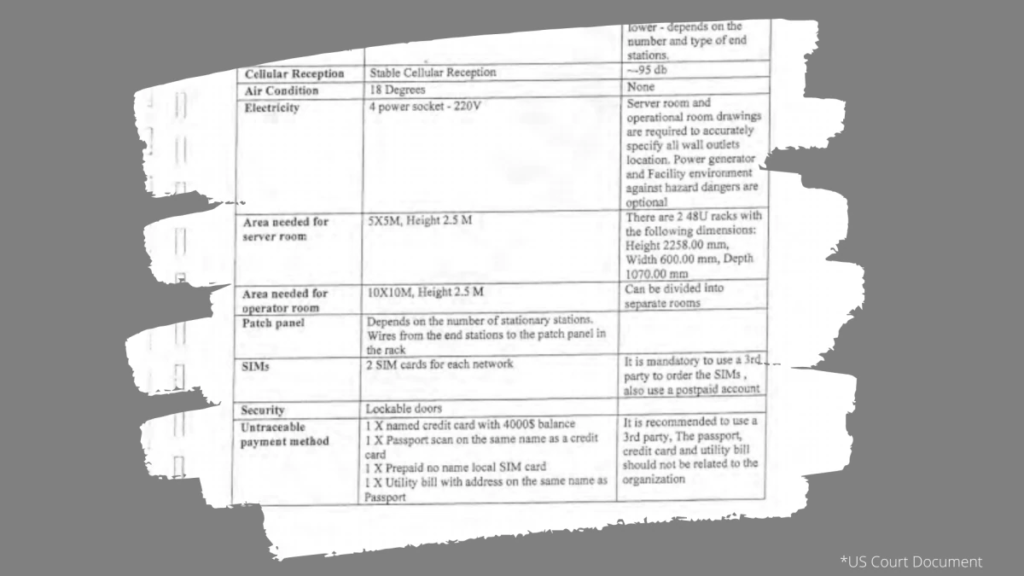
Depending on the size of the operation, the hardware space would wish to be expanded. alongside the servers, monitors, routers, UPS system, processors, keyboards, wires, and other hardware equipment are integrated into a posh architecture to make the system.
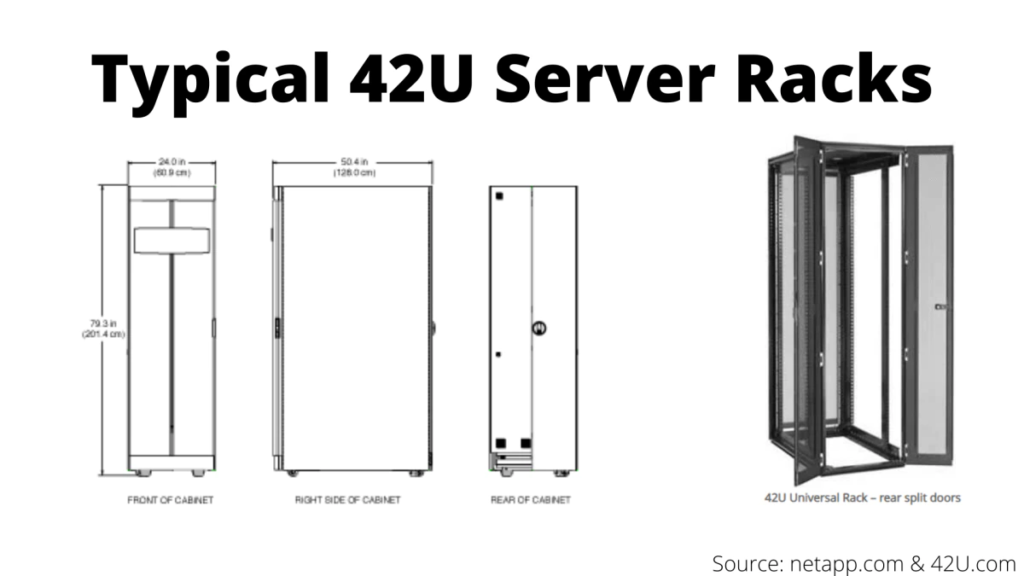
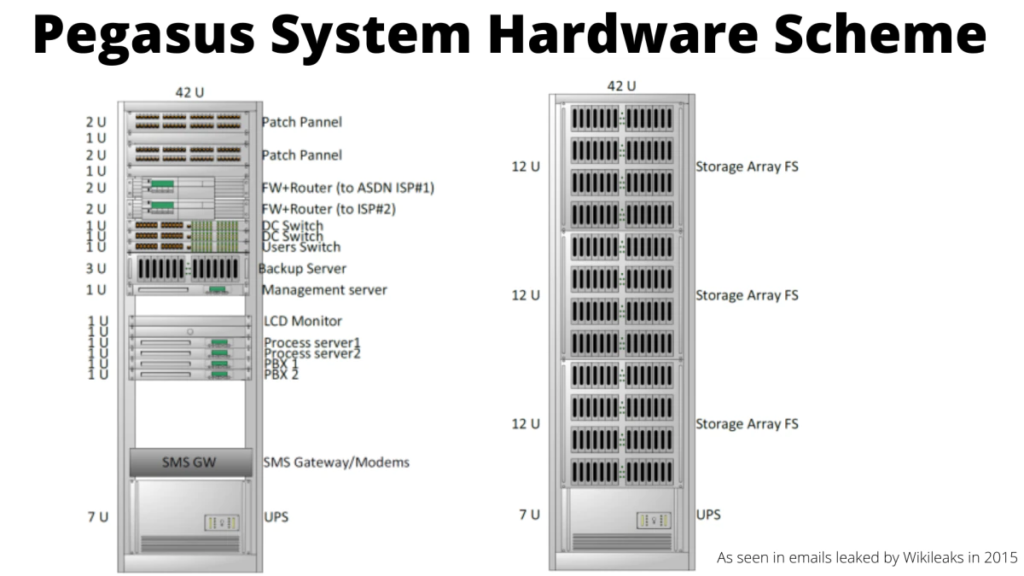
Apart from that, 18°C temperature must be maintained within the room. A version of the Pegasus system hardware scheme was first seen in leaked emails between an identical Italian cyber-intelligence company and a Mexico-based private firm.
Additional Resources
Once the server and operator system has been found out, it might need network connectivity to run Pegasus operations. a minimum of two Asynchronous Transfer Mode (ATM) lines from two different Internet Service Providers (ISPs) are needed for this purpose. The Pegasus customer would then got to configure eight static external internet protocol addresses.
Additionally, one has got to make sure that the situation features a stable cellular network with signal strength not worse than -95 decibels. it’s expected that a typical government-run Pegasus operation room would have a cell tower accessible. aside from these, SIM cards would even be needed to work this technique .
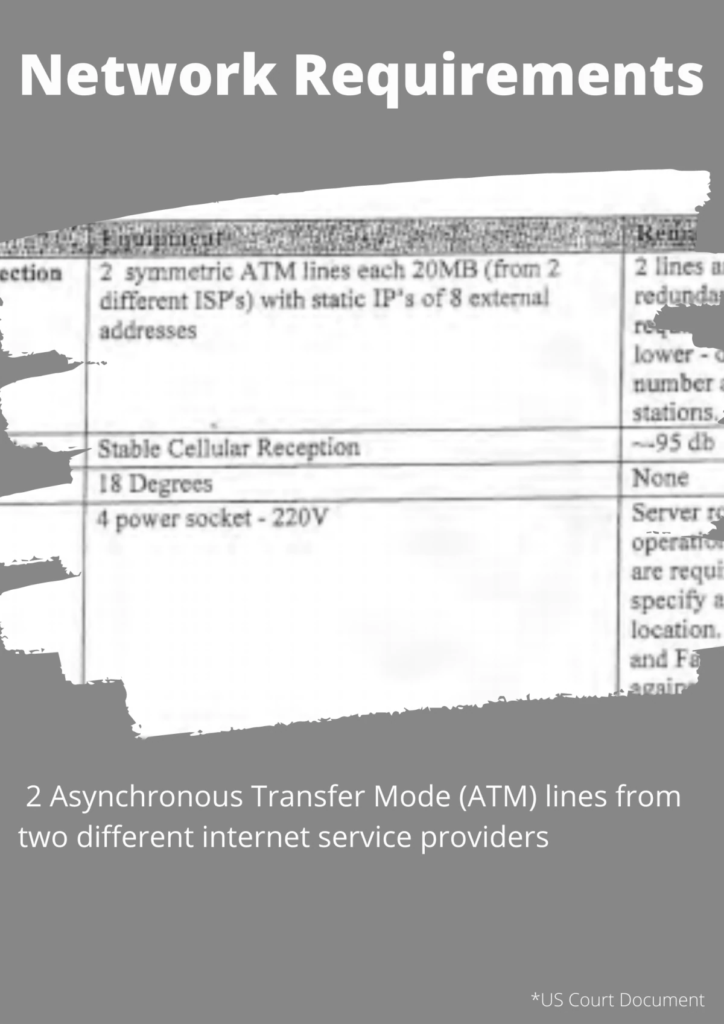
Court documents show that a Pegasus customer is additionally asked to supply a 3rd party named MasterCard, passport copy of a private and utility bill that ought to not belong to the organization that has bought the program. the aim of this is often unknown.
Is That All?
Once a Pegasus client has made sure that everything mentioned above is put in situ, is he or she now able to use the program? Not really. The above-mentioned requirements got to be met a minimum of a fortnight before the Pegasus system installation.
The overall Pegasus system deployment could take up to fifteen weeks. within the first week, under the acceptance test procedure (ATP) and due diligence procedure, the NSO Group first confirms the identity of the top user and gets a clearance from the Israel Ministry of Defence (IMOD). within the absence of a ‘certificate’ and ‘approval’ from IMOD, any agreement signed between the NSO group and a customer would automatically become null and void because the company isn’t allowed to license its technology to a rustic or organization which will cause harm to Israel.
Over the course of the subsequent six weeks, equipment acquisition, system integration, and native network adjustments are done. this is often followed by system testing and hardware installation. Then, the device porting process begins, which is followed by system training. The NSO Group provides military training to the technical staff of its customers in order that they will run local operations and conduct minor maintenance. Once that process is complete and therefore the full licensing fee has been paid, the Pegasus system is prepared to be used.
How Much Does It Cost?
All the evidence available within the public domain indicates that the pricing of the Pegasus license isn’t uniform and will depend upon various factors. It is, however, very likely that the license doesn’t provide unlimited use and may only be wont to target limited phone numbers under a contract.
Documents submitted before a US court show that an amount of $8 million was allegedly agreed to only to line up a Pegasus system in Ghana to spy on 25 phone numbers during 2015-16. the top user was alleged to pay an annual support fee of twenty-two percent of the system consideration cost, i.e. $ 176000 annually, to the NSO Group.
According to media reports, Mexico’s contract was worth $32 million to watch 500 users, whereas Panama had reportedly signed to pay $13.4 million to spy on 150 devices.
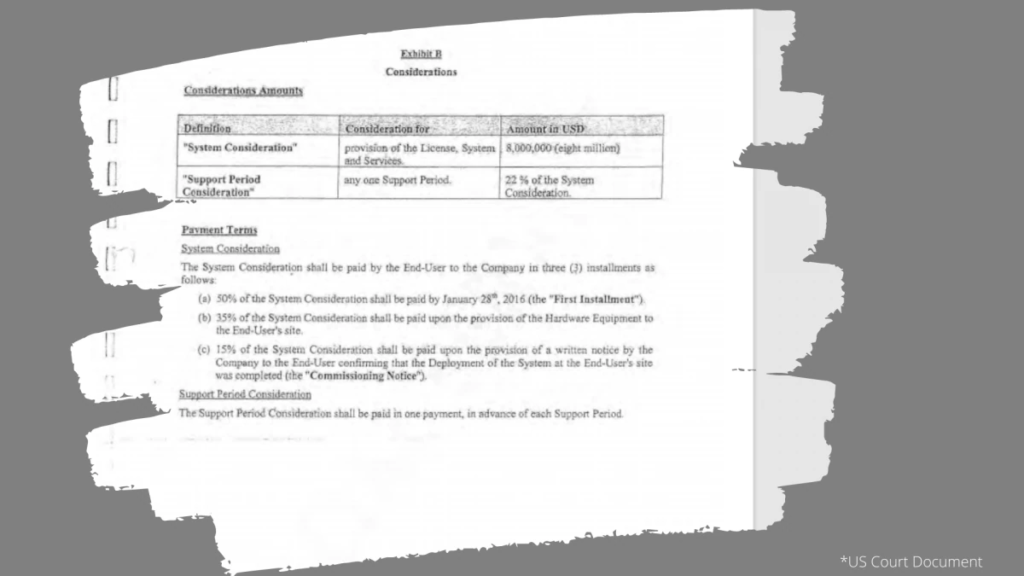
According to a New York Times report, the NSO group charged $650,000 plus 17 percent of the entire amount as an annual service charge to spy on 10 iPhone users in 2016. Emails leaked by Wikileaks showed that the NSO Group had competitors who offered similar capabilities of snooping fighting to win government contracts. it’s likely that such competition would have dictated the pricing of Pegasus.
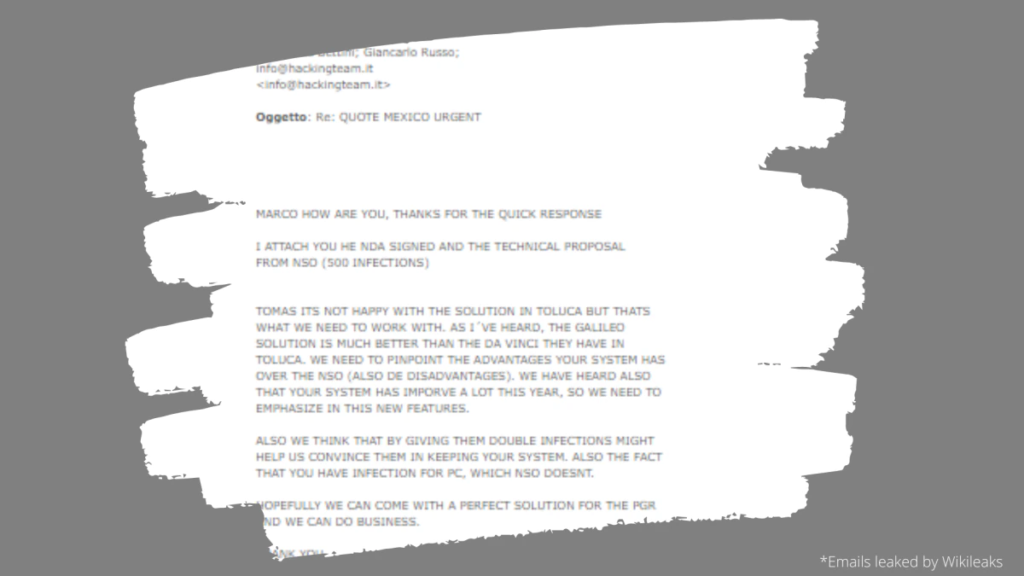
Terms and Conditions
Despite paying the hefty fees for the installation of the spyware Pegasus, there are additional terms and conditions that dictate the contract. The contract is typically not signed directly between the NSO Group and an agency. To minimize the danger of exposure, it’s signed between two front companies on behalf of both parties, but the contract identifies the govt agency because of the user. It doesn’t allow a change within the user nor the transfer of the services and technology to a different party.
Pegasus customers are susceptible to pay any taxes or surcharges on the equipment or services that are applicable in their countries. the corporate offers a limited 12-month warranty period on services and offers 24×7 and 365 support with its dedicated Network Operations Centre (NOC) to troubleshoot any problems faced by its customers. However, its warranty doesn’t cover the third-party hardware installed within the system and becomes null and void just in case of local modifications and mishandlings. Software upgrade support is additionally taken care of by the corporate.
Operations
Pegasus end-users were categorized and monitored by the corporate because it is mandatory under Israeli laws to form sure that the technology isn’t used against Israel. to make sure this, the identity of the top user has got to be verified and “approved” by the govt of Israel.
The group often assigned nicknames to its operating customers. One such categorization was revealed within the 2018 report by Canada-based research organization Citizen Lab, where it had been revealed that NSO operators related to the Indian subcontinent were named ‘GANGES’. Similarly, operators linked to activities within the Middle Eastern countries like Qatar, Oman, UAE were just named ‘MIDDLE’.
According to Citizen Lab, the operations of Gange’s operator was related to a number of the favored telecommunications providers in India like Bharti Airtel, Mahanagar Telephone Nigam Limited (MTNL), Hathway Cable Internet, etc. it had been also related to Pakistan Telecom Company Limited, Bangladesh Telecommunications Company Limited and Star Hub Internet Exchange in Singapore.
A marketing brochure submitted before the court within the US provides glimpses of the Pegasus dashboard that provided options to access customized data collected from its targets and alerts.
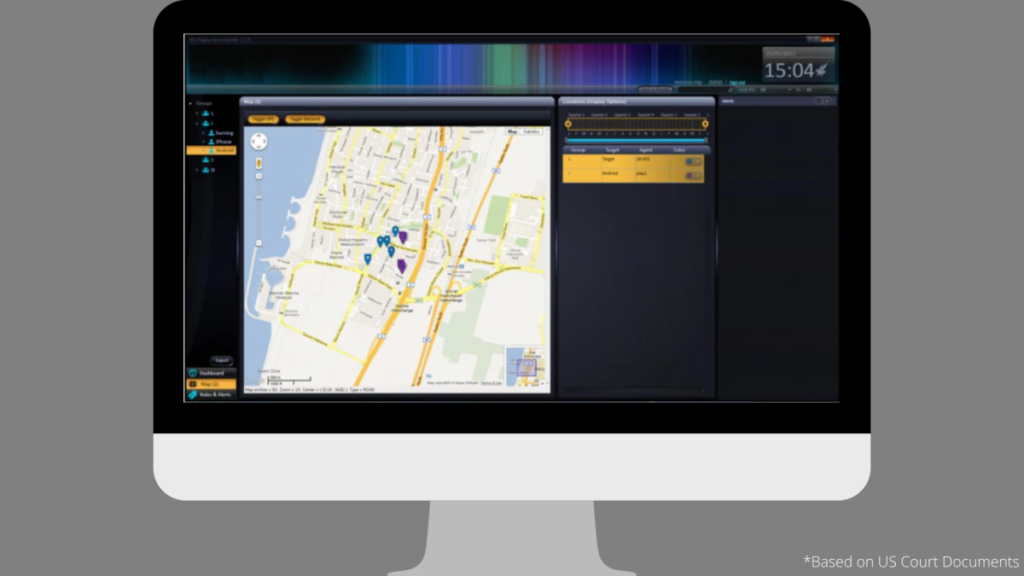
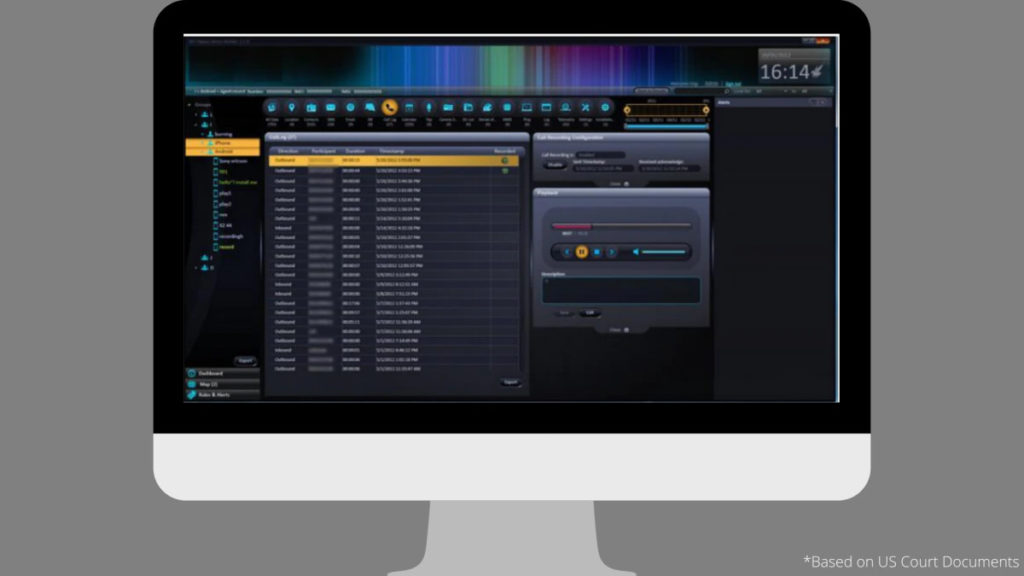
Is Pegasus Available in Black Market?
While there are many purported surveillance tools promising military-grade technology within the international black market, there’s no guarantee these programs actually deliver. Sophisticated technology like Pegasus needs regular research, highly skilled manpower, and enormous funding for its operations. Its software consistently needs up-gradation considering the changes in users’ devices, behavior, and applications. These constraints make it virtually impossible for a private or stray group to develop and run an identical operation during a private market space.
However, there was one incident in 2018, where a former NSO employee tried to steal and sell the Pegasus program for a whopping $50 million. the worker was a senior programmer who was relatively new to the group. He had worked for about three months at the corporate. He was caught by the corporate and arrested by the police.
For the latest tech news across the world, latest Games, tips & tricks, follow Crispbot on Facebook, Twitter, Instagram.

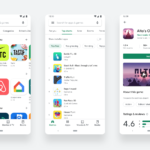











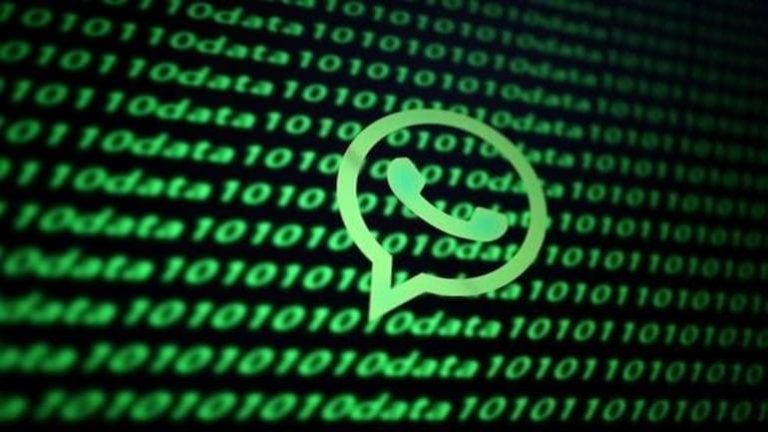
0 Comments